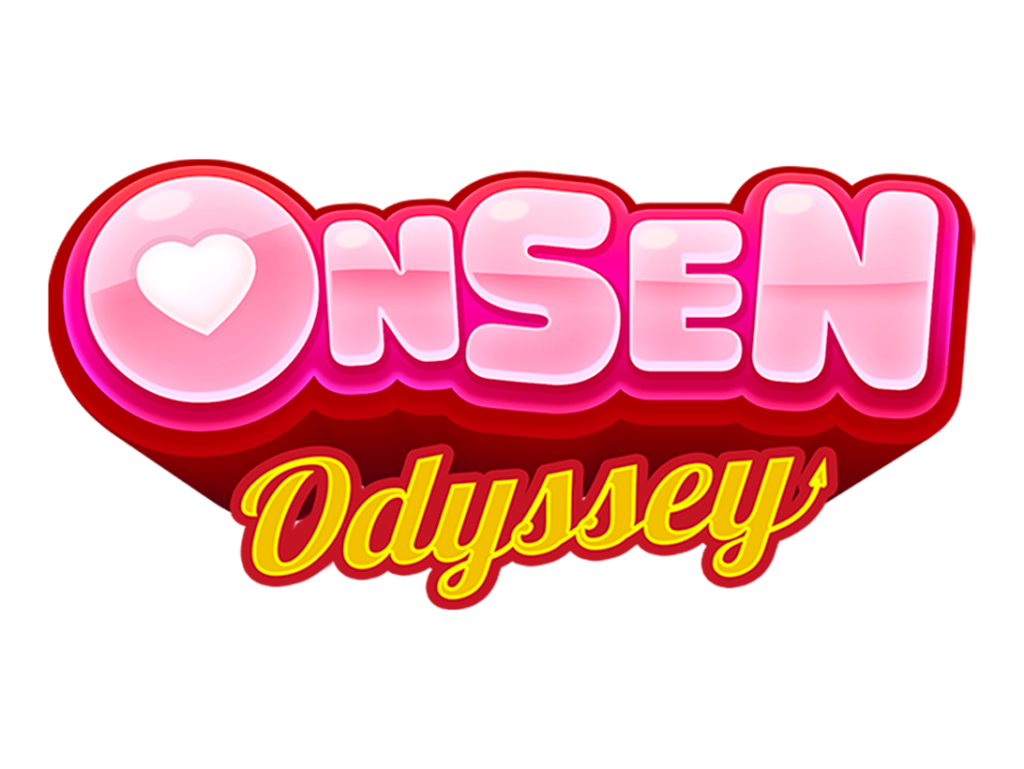Blockchain technology has been a game-changer in the world of technology since its inception. It’s a decentralized and distributed digital ledger that stores data across multiple nodes, ensuring that no single entity controls the system. Each block of data is linked to the previous one, creating an unalterable chain of transactions. This technology has incredible potential to transform various industries by offering unparalleled security, transparency, and efficiency. As we continue to explore the possibilities in blockchain use cases, it becomes increasingly evident that this technology will leave a lasting impact on the way we conduct business and interact with digital systems.
#1 – Revolutionizing the Financial Industry
Blockchain has made significant strides in the financial sector, with cryptocurrencies like Bitcoin and Ethereum taking the world by storm. Decentralized finance (DeFi) it’s one of the biggest use cases of blockchain technology that has also emerged, allowing users to access financial services without traditional intermediaries such as banks. DeFi platforms offer a wide range of services, including lending, borrowing, and asset management, with smart contracts automating various processes to ensure efficiency and security.
Cross-border transactions can now be conducted faster and more cost-effectively, thanks to the decentralized nature of blockchain technology. Banks and other financial institutions are exploring blockchain-based solutions to streamline international money transfers, reducing transaction times from days to mere minutes. The increased security and transparency offered by blockchain are essential factors in the financial industry’s shift towards this revolutionary technology. As more and more financial institutions adopt blockchain, we can expect significant improvements in the way we conduct transactions and manage our assets.
#2 – Blockchain in the Pharmaceutical Supply Chain
Moving on, another use case of blockchain technology is the pharmaceutical supply chain by bringing greater transparency, efficiency, and security to the process. Counterfeit drugs are a significant global concern, and blockchain can help tackle this issue by ensuring the provenance and authenticity of pharmaceutical products.
With blockchain, every transaction and movement of drugs within the supply chain can be tracked and recorded on an immutable ledger. This makes it possible to trace a drug’s journey from the manufacturer to the end consumer, ensuring that only genuine products reach patients. Additionally, the decentralized nature of blockchain makes it more challenging for counterfeiters to infiltrate the supply chain, as altering the information would require control over a majority of the network.
Furthermore, blockchain can streamline supply chain processes, reducing the time and cost associated with manual tracking and data entry. This improved efficiency translates to a more agile and responsive supply chain, better equipped to handle market fluctuations and other challenges.
#3 – Blockchain’s Impact on Healthcare Data Management
Blockchain is also within the healthcare data management sector improving it by offering a secure and efficient way to handle medical records. The technology’s decentralized nature ensures data security, interoperability, and accessibility, while maintaining patients’ privacy. With blockchain, patient information can be stored on a distributed network, making it virtually impossible for unauthorized individuals to tamper with the data.
In addition to security, with this use cases, blockchain technology promotes interoperability between different healthcare providers and systems. This facilitates seamless data sharing among healthcare professionals, leading to more accurate diagnoses, personalized treatment plans, and improved patient outcomes. Patients also benefit from this, as they can easily access their records and share them with other providers when needed.
Moreover, blockchain technology empowers individuals to take control of their health records. By using a personal private key, patients can grant or revoke access to their medical information, ensuring privacy and control over their personal data. As a result, blockchain implementation in healthcare data management can streamline processes, reduce administrative burdens, and contribute to better overall patient care.
#4 – Blockchain Transforming the Charity Sector
Crypto-philanthropy is on the rise, and we’re seeing a growing number of charitable organizations adopting blockchain technology. It’s a game-changer in addressing transparency, accountability, and donation methods. One notable example is the Blockchain Charity Foundation (BCF), which leverages blockchain to create a transparent donation platform. BCF, supported by Binance, aims to develop a decentralized system that eliminates intermediaries and reduces administrative costs. This way, more funds reach those in need directly, promoting a more efficient and impactful charity ecosystem.
Moreover, blockchain technology allows donors to track their donations in real-time, fostering trust and engagement in the charity process. This transparency encourages more people to participate, resulting in increased support for charitable causes. As a result, blockchain adoption in the charity sector has the potential to drive significant positive social change and help those in need worldwide and for us, this is one of greatest use cases of blockchain technology.
#5 – Enhancing Data Privacy and Security in Identity Management
Blockchain technology is playing a crucial role in enhancing data privacy and security in the realm of identity management. With the increasing risk of identity theft and data breaches, there is a pressing need for more secure and efficient ways to manage and protect our digital identities. Blockchain offers a decentralized, tamper-proof, and transparent solution to address these challenges.
By using blockchain, individuals can have greater control over their personal information, deciding what data to share and with whom. This empowers users to maintain their privacy while still engaging in online transactions and accessing various services. For instance, blockchain-based identity systems can enable users to prove their age, nationality, or professional qualifications without revealing other sensitive information.
Moreover, the decentralized nature of blockchain can help prevent unauthorized access to personal data, as there is no single point of failure. This distributed approach to identity management reduces the risk of data breaches, making it more difficult for cybercriminals to compromise sensitive information.
#6 – Advancing Sustainability and Environmental Initiatives
Finally, blockchain technolohy is not just transforming industries and enhancing privacy with all its use cases; it’s also paving the way for more sustainable and environmentally friendly practices. By leveraging blockchain technology, we can improve transparency, traceability, and accountability in various sectors, promoting greener initiatives and more sustainable business models.
One key application of blockchain in sustainability is the tracking of carbon emissions and the management of carbon credits. Blockchain can provide a transparent and tamper-proof record of a company’s carbon footprint, making it easier for regulators and investors to assess their environmental performance. This can also help facilitate the trading of carbon credits, enabling companies to offset their emissions and support green projects more efficiently.
Moreover, blockchain can help drive renewable energy adoption by providing a decentralized platform for trading clean energy. By enabling peer-to-peer transactions, blockchain can connect energy producers directly to consumers, promoting more efficient energy distribution and reducing the reliance on non-renewable sources. This can also stimulate investment in renewable energy projects, as smaller-scale producers can monetize their excess energy more easily.
Additionally, blockchain can play a vital role in promoting ethical and sustainable supply chain practices. By providing an immutable and transparent record of a product’s journey from source to consumer, blockchain can help ensure that businesses adhere to ethical labor practices and environmental standards. This increased visibility can empower consumers to make more informed choices, driving demand for sustainably sourced products and encouraging businesses to adopt greener practices.









